Dental implants are the ultimate solution for natural and functional tooth replacements, offering unparalleled quality. Yet, when exploring dental implant costs, one cannot help but notice they come with a considerable price tag. It’s only natural to wonder, “Why are dental implants so expensive?”
Dental implants offer a valuable investment due to their long-term advantages in tooth replacement, including enhanced health, aesthetics, and self-confidence; Approximately 450,000 osseointegrated dental implants are placed annually, boasting an impressive success rate of 95%, particularly for single-tooth replacement with an implant-supported crown.
With minimal risks and complications, these implants have proven to be a trustworthy option for tooth replacement. They surpass other alternatives as they boast excellent durability. But why are dental implants so expensive?
It’s because the cost encompasses factors such as the procedure’s complexity and cosmetic aspects, the expertise of the dentist, and the inclusion of both implant posts and dental crowns in the overall package.
How Much Do Dental Implants Cost?
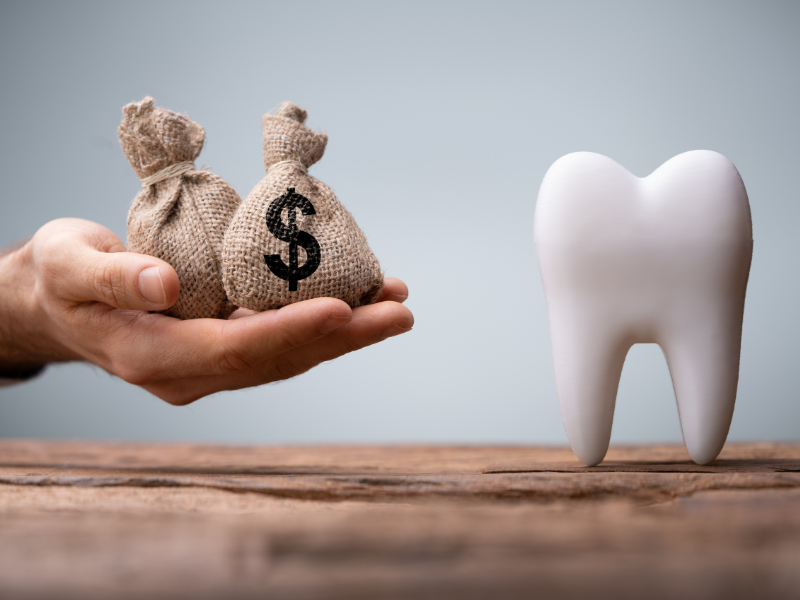
The cost of a dental implant is approximately $3,500 to $6,700. This cost includes the implant device and the surgical procedure for its placement. For those considering a full mouth of implants, the average cost ranges from approximately $43,000 to as much as $56,000.
A newer alternative is the one-piece zirconia implant, crafted entirely from a type of ceramic called zirconia. Pricing from various dentists across the United States indicates that zirconia implants may cost a few hundred dollars more than titanium implants.
Why Are Dental Implants So Expensive?
The higher cost of dental implants is attributed to the expenses incurred in acquiring the implant materials and the length and complexity of the placement process, which typically spans several months. The procedure initiates with a comprehensive dental exam and consultation. The dentist or periodontist administers local anesthesia or IV sedation during the appointment to ensure a pain-free experience.
In the space where the natural tooth once resided, the dentist inserts a screw-shaped implant body into the jawbone, known as an endosteal implant. The ultimate objective is to enable the body’s healing process to fuse the jawbone with the implant body.
The dentist may recommend a subperiosteal implant placed under the gum but above the jawbone for cases where the jawbone is insufficient. After a healing period of several weeks or months, the next session involves extending the implant body with an abutment, a reinforcing post used to anchor the artificial tooth securely.
A custom-made crown, typically crafted from ceramic or porcelain to match the color of the existing teeth, is then manufactured by the dental lab. Finally, once the crown is ready, you return to the dentist’s office to affix it onto the abutment using a screw or dental cement.
Factors Adding the Extra Cost to Dental Implants
Apart from the implant cost and surgical placement, dental implants may entail additional expenses, including:
Dental Exams & X-rays
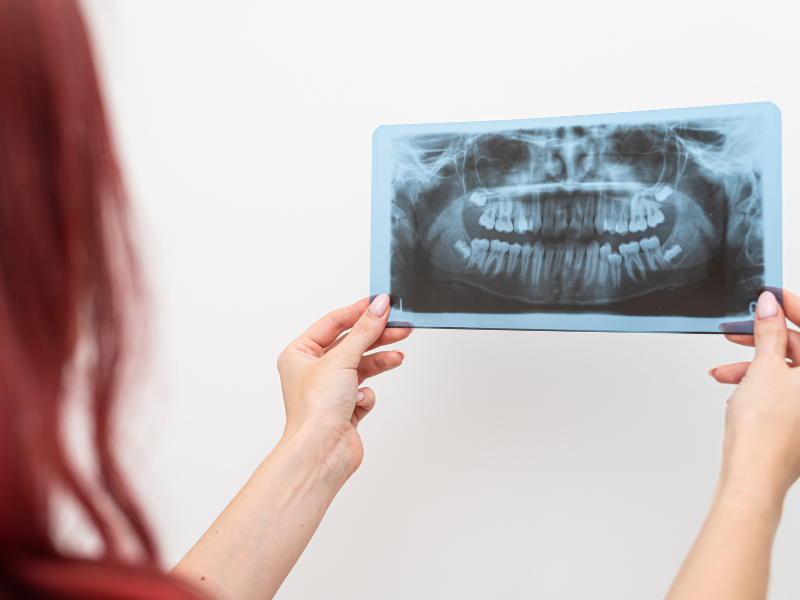
Preliminary evaluations may add $200 to $450 to the total cost for individuals without insurance coverage.
Bone Grafting
This procedure, averaging $600, might be necessary to strengthen the jawbone and may cause a delay in the implant process until the graft site heals.
Sinus Lift
Increasing bone thickness in the upper jaw through a sinus lift could add $1,500 to $2,500 to the overall bill.
Anesthesia
Sedation costs between $50 to $200, while general anesthesia, administered by an anesthesiologist, can cost several hundred dollars per hour.
Specialist Care
Oral-maxillofacial surgeons generally charge more than dentists for procedures like dental implants.
How Long Do Dental Implants Last?

Dental crowns, bridges, or dentures typically last 10 to 15 years before requiring replacement. In contrast, dental implants have a much longer lifespan. With an impressive success rate of 95%, dental implants only experience failures in extremely rare cases due to improper placement, inexperienced dentists, or rapid bone deterioration.
Many experts suggest dental implants can last up to 25 years or longer. When properly maintained, dental implants are often considered a permanent solution. However, the implant’s structure may fail if it becomes loose or shifts position, causing pain and discomfort when biting or chewing. Regular maintenance and dental check-ups are crucial to ensure the longevity and functionality of dental implants.
Are There Some Other Alternatives to Dental Implants?
There are cost-effective alternatives to dental implants, including gum disease treatment, root canal therapy, and dentures.
Gum Disease Treatment

Gum disease treatment can serve as an alternative to dental implants. Despite causing enamel damage and tooth decay, gums can be healed with appropriate treatment. While not an ideal solution, it is a viable choice for patients with minor tooth or jawbone loss, as it can prevent further tooth loss and help maintain natural teeth.
Root Canal Therapy
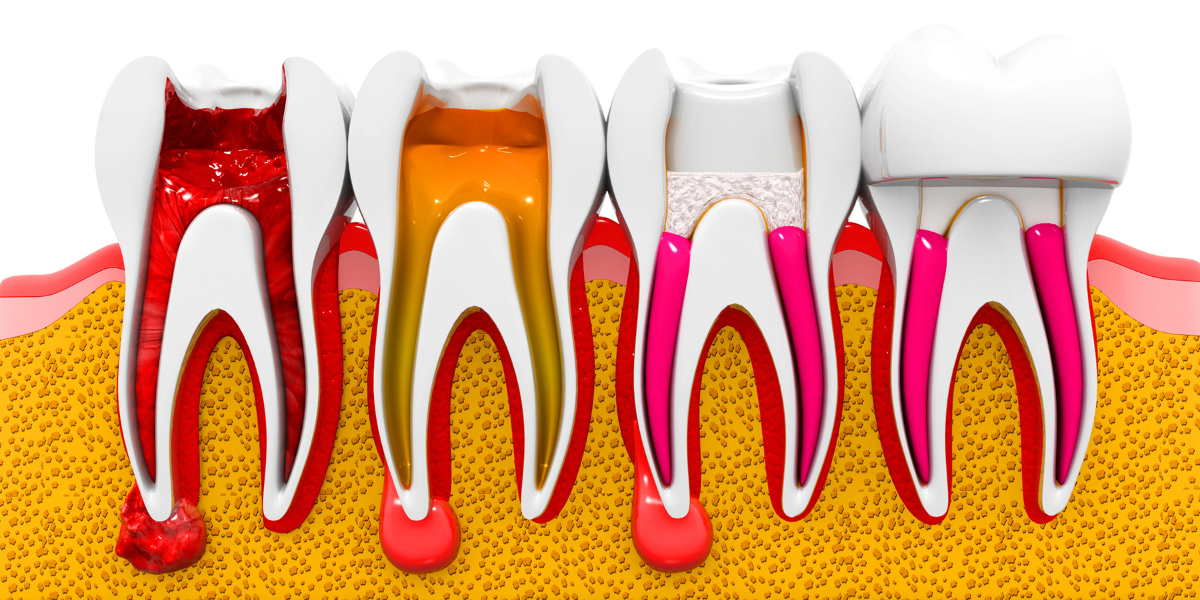
Root canal therapy is an effective option for treating tooth infections. This procedure involves cleansing the affected tooth and restoring its health. It is often used when the damage or decay inside the tooth can be corrected with fillings. After removing the infected pulp, a filling, and sometimes a crown, is placed to protect the tooth from future decay or infection.
Dentures
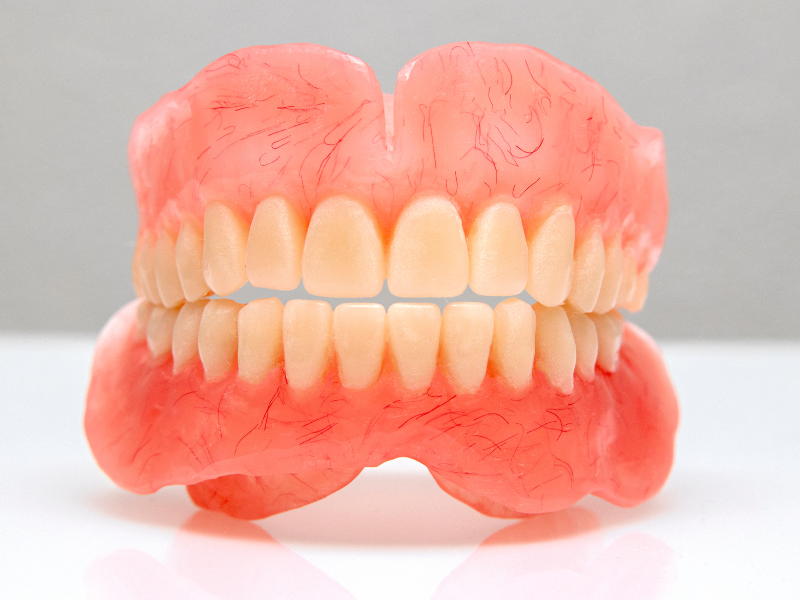
They are another viable option when dental implants or bridges are not preferred for improving one’s smile. Dentures can be full or partial replacements that fit over the gums and provide a natural teeth-like feel. Custom-fitted dentures create a seamless smile and are more budget-friendly than implants or bridges. However, they may require more frequent replacements as the mouth changes.
Every alternative to dental implants comes with several benefits and drawbacks; therefore, it is crucial to weigh them thoroughly before making a choice. Finding the right match for your demands and tastes will be made easier with the help of a dental specialist’s consultation.
Is There Anything Like $399 Dental Implants?
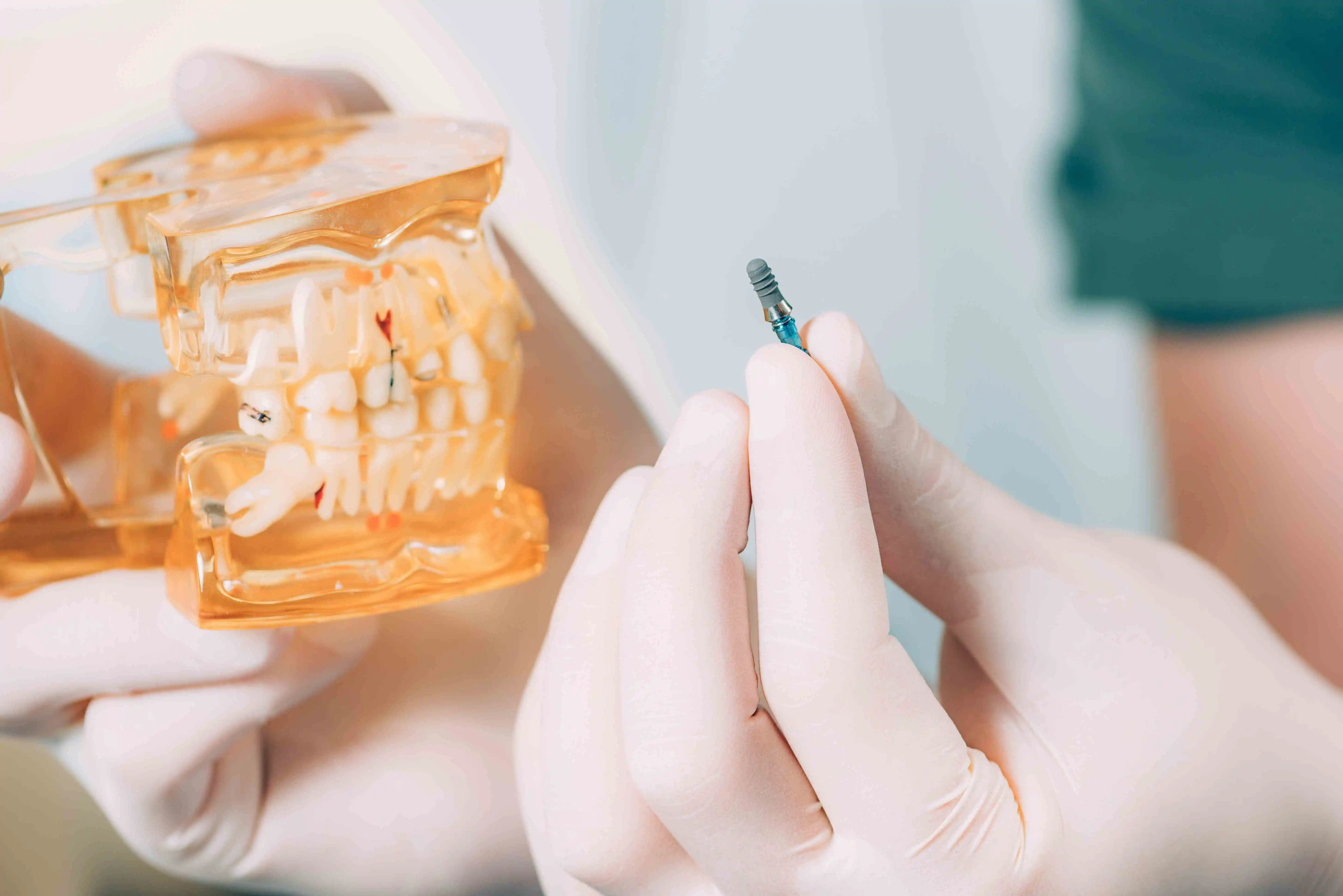
Many clinics advertise $399 dental implants as an attractive offer, but quality implants cannot be provided at such a low price. The cost of dental implants depends on the number of implants, types and materials used, the dentist’s expertise, and clinic location. Mini implants are usually less expensive than conventional ones. Choosing alternative metals or composite resin may lower costs, but porcelain prosthetics are more durable. The experience of the dentist also affects the overall cost.
Conclusion
Dental implants are second to none for replacing the missing tooth, but there’s no denying they’re an expensive treatment option. We’ve tried to answer the question, “Why is an implant for tooth so expensive?” Some additional factors increase dental implant costs while discussing various alternatives to dental implants.
If you’re also thinking about getting dental implants, consulting with the dentists of Osseo Family Dental will benefit you. Our team will provide an accurate treatment plan depending on your medical condition.
Schedule your visit now by calling 7634252626 or writing to us at info@osseofamilydental.com.
FAQs
-
Are there any side effects of dental implants?
Irrespective of whether you undergo dental implant surgery in a single stage or multiple stages, you might encounter common discomforts typical of any dental procedure, including:
- Swelling of your gums and face.
- Bruising of your skin and gums.
- Pain at the implant site.
-
Do dental implants cause bone loss?
When properly placed and cared for, dental implants do not cause bone loss. They can help prevent bone deterioration by stimulating the jawbone. However, complications can occur if the implant is not well-positioned or if there are healing issues. Seeking treatment from a qualified dentist and maintaining good oral hygiene is essential for implant success.
-
Why does my tooth implant hurt when I eat?
Dental implant pain, especiallu during chewing, frequently arises from the gums and bone surrounding the implant site. Another possible cause of discomfort is peri-implantitis, a dental implant infection, which is the primary reason for pain around the implant area.
